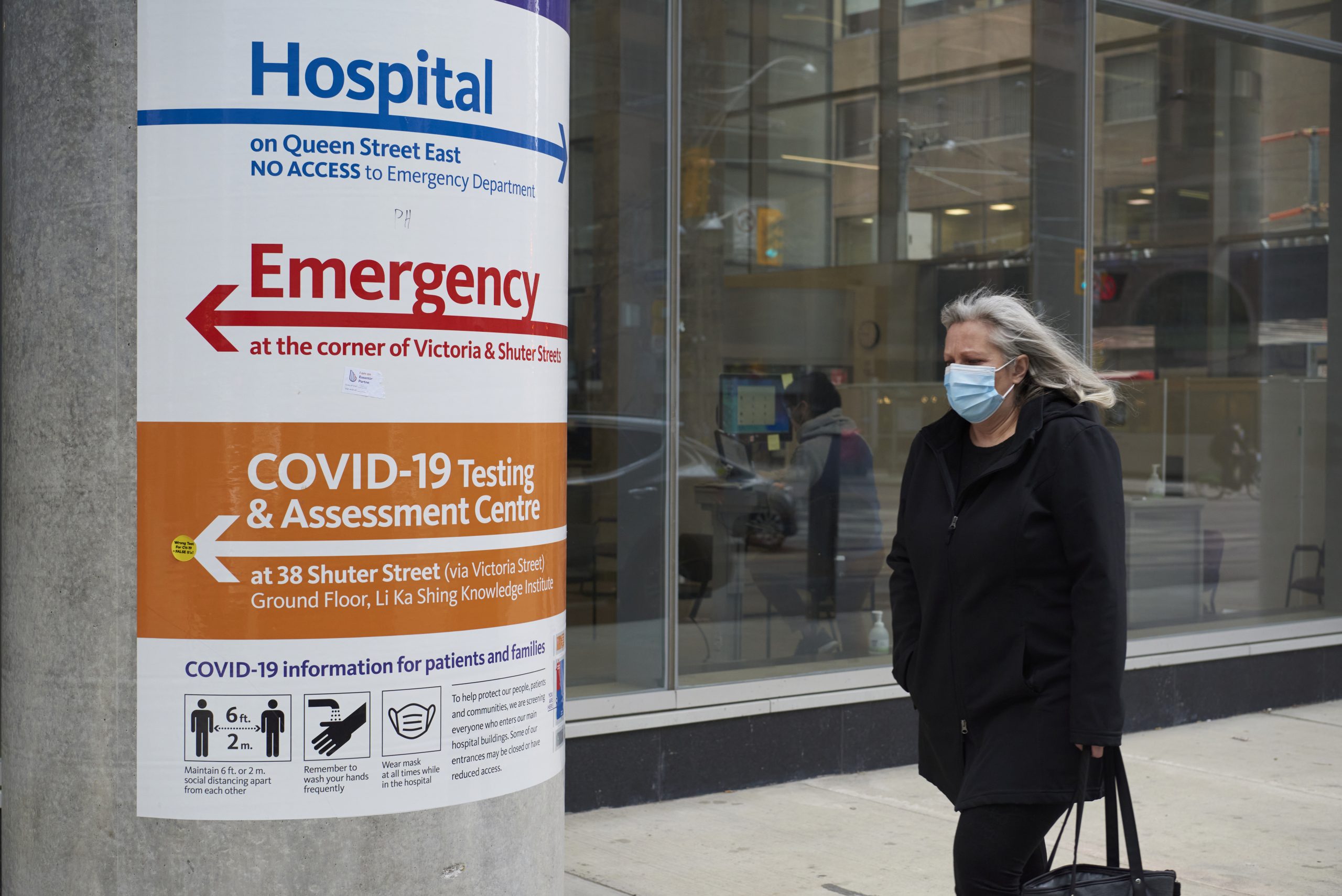
Toronto Public Health has confirmed the first cases of the Brazilian and South African variant of the COVID-19 virus in the city.
Posted Feb 08, 2021, 05:33AM EST
Toronto Public Health has confirmed the first cases of the Brazilian and South African variant of the COVID-19 virus in the city.
Officials said on Sunday that a patient who had recently travelled from Brazil has tested positive for the P.1 COVID-19 mutation. They are currently hospitalized.
This also marks the first confirmed case of the Brazilian variant in the province of Ontario.
Health officials also reported the first confirmed case of the B.1.351 mutation, known as the South African variant of the virus. This person has no recent travel history and has had no known contact with anyone who has recently traveled.
Toronto Public Health says there are currently 27 confirmed cases of the COVID-19 variant in the city.
As of Sunday, the province had counted 176 confirmed cases of the variant from the U.K., and one of the variant from South Africa, not including Toronto’s new case.
A single-day snapshot from January found that the variant from the U.K. accounted for 5.5 per cent of all positive COVID-19 cases in the province, and that percentage is expected to rise quickly.
As of last week, the province has been screening all positive cases to see if they can be tied to one of the variants.
Most of the variant cases are in the Simcoe Muskoka District Health Unit, where an outbreak ripped through a Barrie nursing home killing more than half of the residents and an essential caregiver.
Public health officials around the world have raised concerns about new virus variants that are more contagious or resistant to existing vaccines. While viruses mutate constantly, most of the changes cause little concern. But scientists are closely tracking these mutations to make sure they quickly identify variants of concern.
Public health officials are also concerned because the variant first discovered in South Africa contains a mutation of the virus’ characteristic spike protein targeted by existing vaccines. The mutation may mean the vaccines offer less protection against the variant.
The developers of AstraZeneca’s coronavirus vaccine say the shot appears to work against the variant detected in Britain late last year which is similar to previously reported results by other vaccine manufacturers, including Pfizer and Moderna. Researchers are studying the potential effectiveness of the vaccine against the South Africa variant.
Files from The Associated Press and The Canadian Press were used in this report









